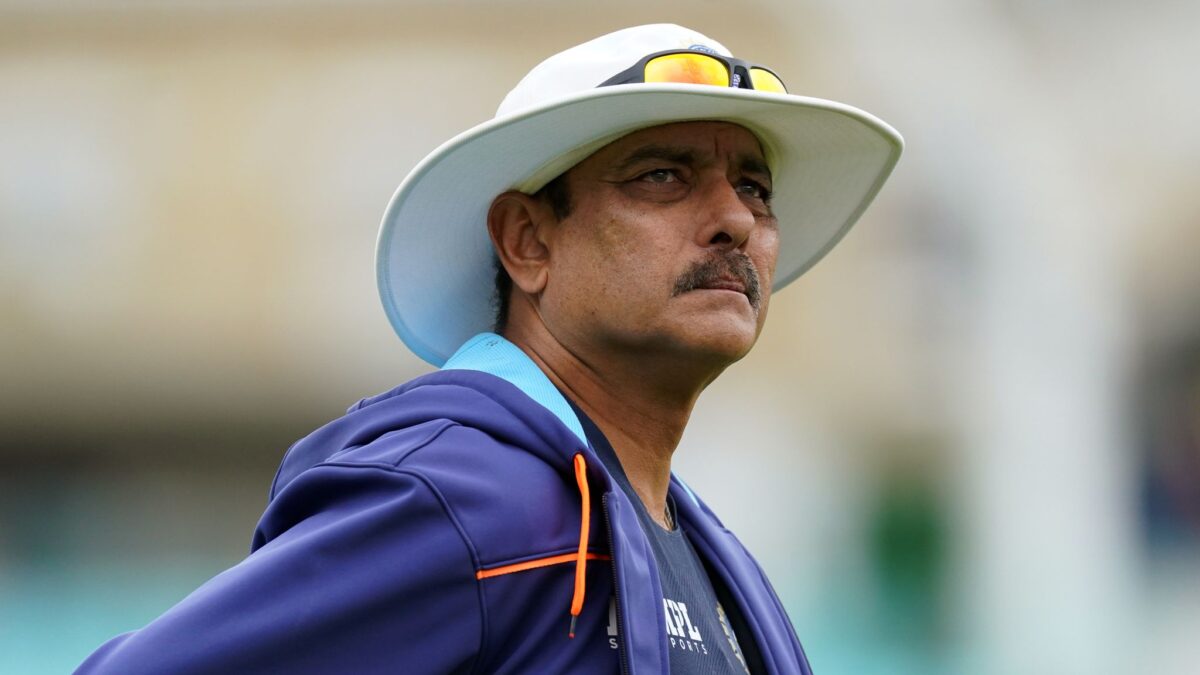Oh no, no, don’t go down that route,” replies Ravi Shastri, his familiar baritone laugh bellowing down the phone line from Mumbai when asked if he would be interested in filling the vacant position of England men’s head coach. “Haha. Oh no. Seven years with India – a full-time job, 300 days a year, 1.4 billion people judging you every day – that takes its toll. Good luck to anyone who lasts that long.”
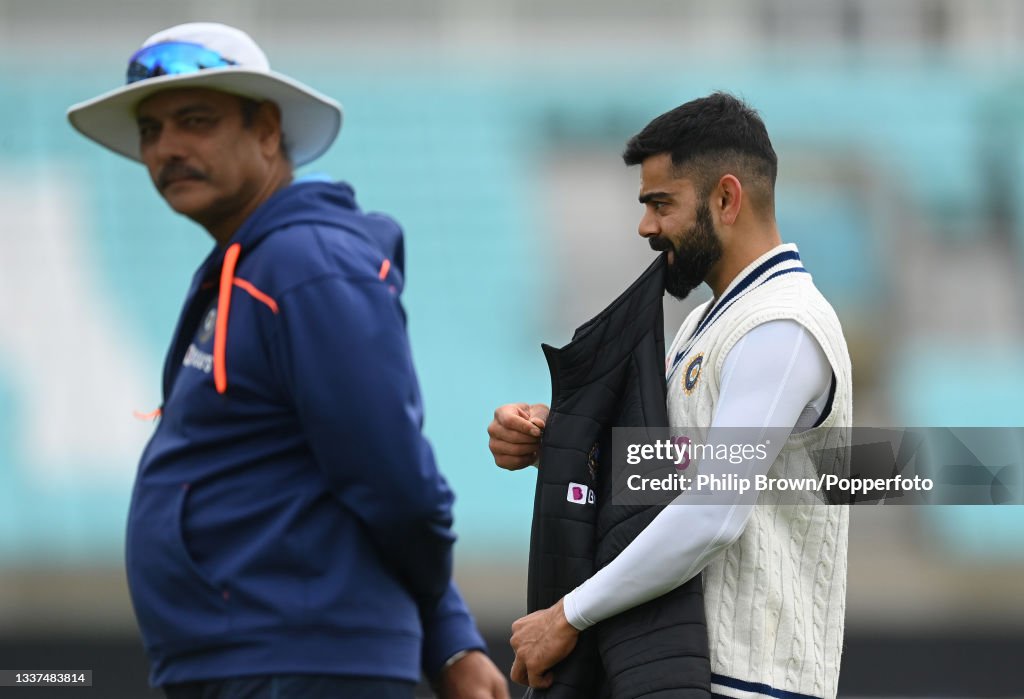
It was a cheeky inquiry, admittedly, coming midway through a freewheeling chat to discuss the rarely attempted switch from television commentator to running a national team. Rob Key left the Skybox to become the director of England men’s cricket last week and Shastri had noted a line in the Guardian that compared this with his time as India’s equivalent from 2014 to 2016 and then a hugely successful spell as head coach from 2017 until last year, after more than two decades as a broadcaster.
“I had no warning,” he says. “I was commentating at the Oval during India’s [2014] tour of England and came off air to find six or seven missed calls. ‘Seven bloody calls? What’s happened here?’. [The BCCI] just said: ‘We want you to take over, starting tomorrow, at any cost.’ I told them I’d have to speak to my family and commercial partners but they just said they would sort all that out. And like that, I was straight in from the commentary box. You’ll see when I joined the setup [during the ODIs], I was still in jeans and loafers. Instantly my job changed.”
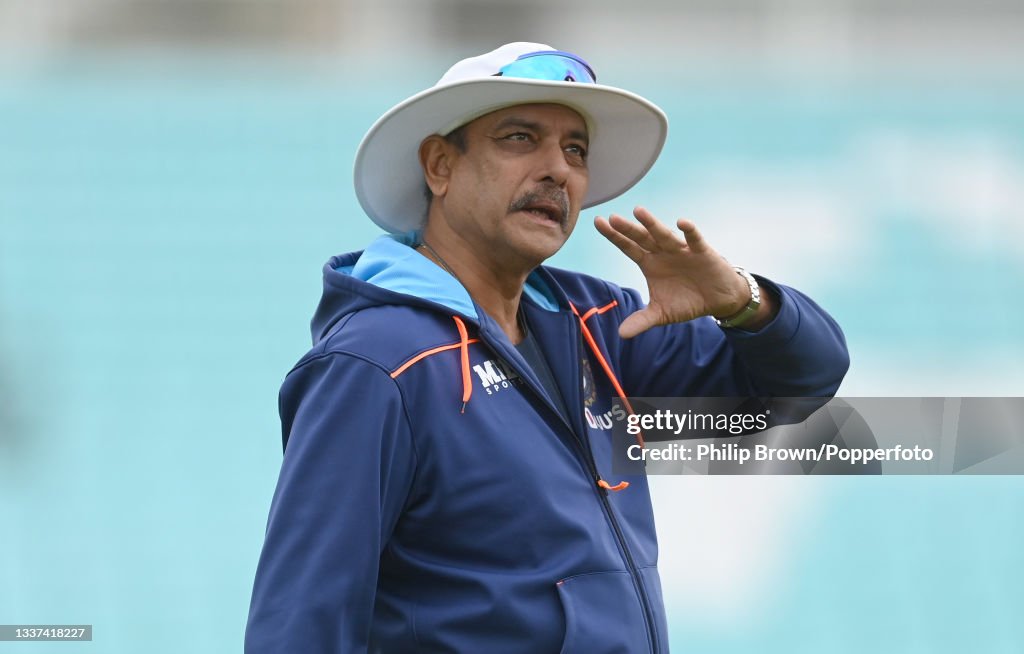
It is worth stating at this juncture that, while Shastri, like Key, had no coaching qualifications and – bar a brief stint as India’s team manager in 2007 – had spent his retirement from playing behind the microphone, the worlds they walked into are vastly different. With head coaches and a selector still to be appointed by England, responsibilities will be fanned out and Key is unlikely to don the training gear. Nevertheless, Shastri insists the broader challenges are the same, not least entering a setup as an outsider who previously had to pass judgment on the players.
“Rob may have more work with the domestic game but, when it comes to the national team, it is very similar,” he says. “The most important thing is getting among the players and setting a tone from the outset: what you believe in, what you think of them and changing the mindset to compete and win. You have to be bullish and brutish in wanting to achieve that. For us, and now England, it was about setting the challenge of winning abroad, big time. I was very firm when it came to team culture: all the prima donnas and all that shit, that had to go out of the window early.
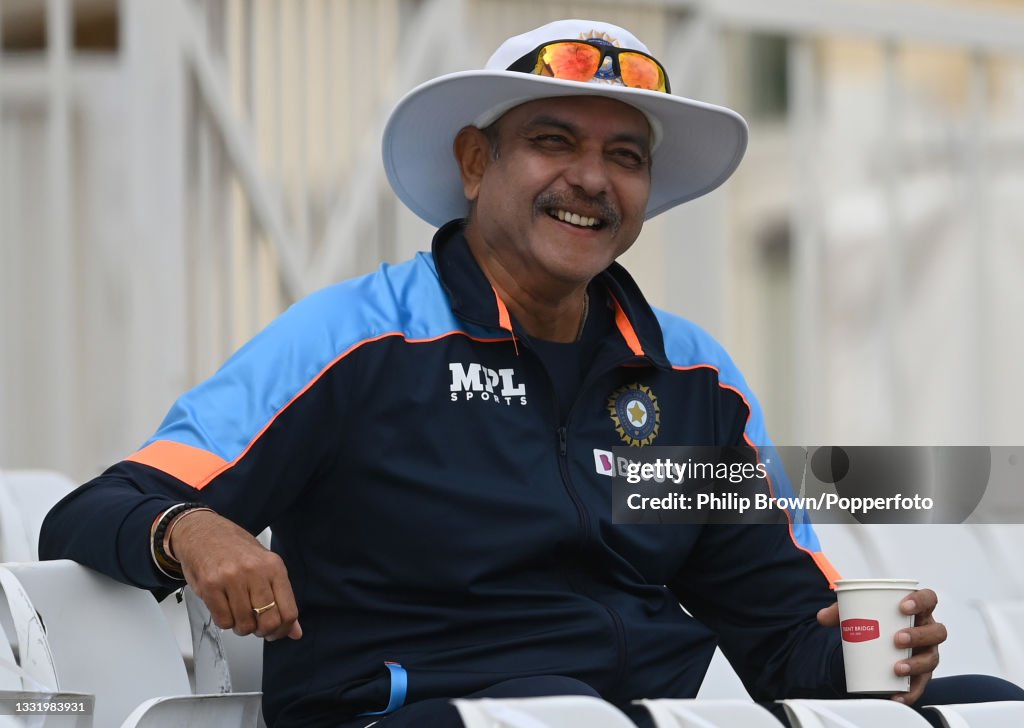
“And you leave everything you said as a commentator behind. Park it. When I was the director of the team, it was about diagnosing problems: I was asked to hire and fire, whoever I wanted I could get in and whoever I didn’t could be shown the door. And it was also outlining how we want to play: to be aggressive and ruthless, to up the fitness levels, to get a group of fast bowlers to take 20 wickets overseas. And it was about attitude, especially when playing the Aussies. I told the boys if one single ‘fuck you’ comes your way, give them three back: two in our language and one in theirs.”
It is a classic Shastri-ism, the same mustachioed chutzpah that has run through from his playing days like words in a stick of rock. He and Key are different characters – there is only one Ravi Shastri, let’s be honest – but both call the game as they see it. And though the 59-year-old warns there will be resentment of his slightly left-field appointment, he is adamant the volume of cricket that modern commentators consume around the world is an advantage over those who come through one system.
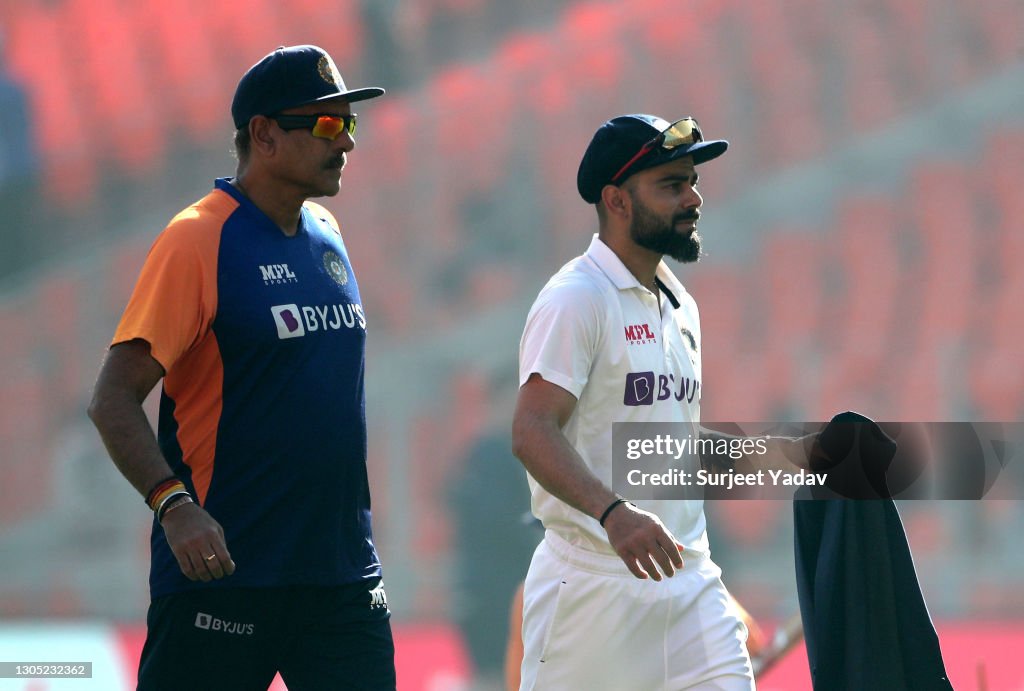
“Rob will have an adjustment period to understand the issues and will need to speak in detail with Joe Root for his experiences as Test captain,” he says. “But in my 24 years [commentating], I did not miss a beat or a ball of Indian cricket. And he will have covered a huge amount too. So you’re not lagging behind by an inch, you’re abreast of what a team requires but also what other teams are doing. You should be able to leapfrog over all those early issues and get into the nitty-gritty straight away.
“And I didn’t have coaching badges [either]. Level one? Level two? Fuck that. And in a country like India, there is always jealousy or a gang of people willing you to fail. I had a thick skin, thicker than the leather of the Dukes ball you use. A real solid hide. And you need a bloody hide over here. Rob will develop this as he does the job because every day you are judged. And I am glad he has a lot of captaincy experience from his time at Kent because communication with the players is absolutely paramount.”
So much of Shastri’s philosophy comes down to unbridled aggression and in Virat Kohli, he had a captain ready to spread this through the squad.
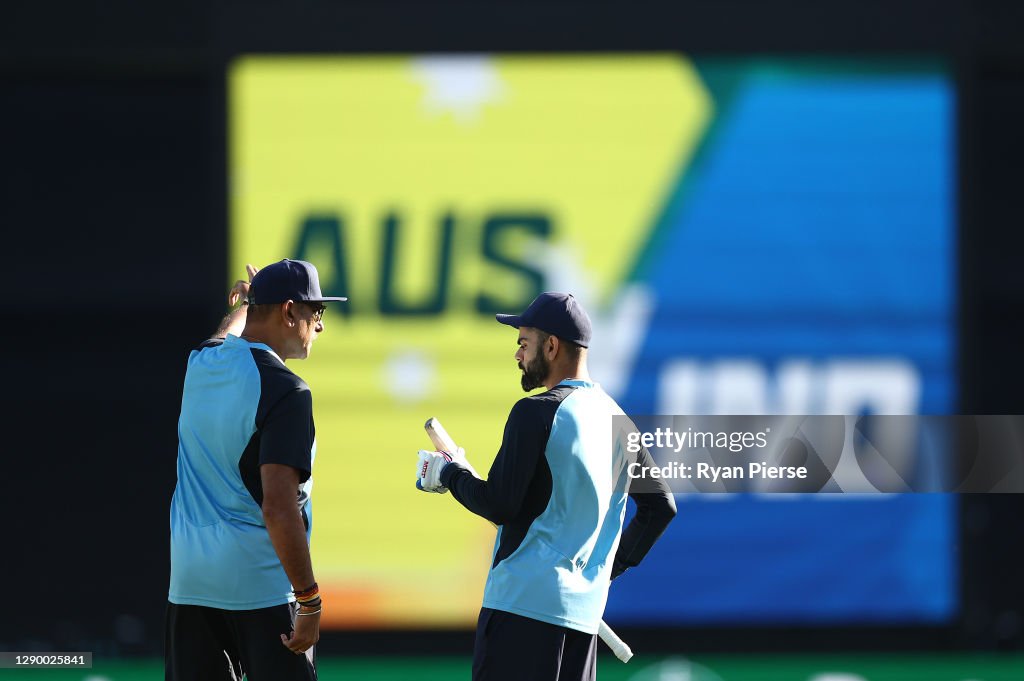
The results speak for themselves, India won 10 Test series out of 14, rising to No 1 in the rankings, and beating Australia twice in their own backyard. Key is expected to appoint Ben Stokes to lead England’s Test team, a cricketer Shastri describes as a “first-class” option.
“The adrenaline of captaincy – not that he needs it – could fire Stokes up to be something even more than the incredible player he is now,” he says. “The important relationship is with the captain – the moment there is friction, things go downhill. But they will be fine because the England I saw last year, has enough talent and skill to compete. There’s no doubt about that in my mind. It’s all about their mindset.”
This appraisal of England may surprise some but Shastri is keen to talk up his legacy. There is one Test remaining from the series India led 2-1 last summer – to be staged at Edgbaston in July – and the former all-rounder will be back commentating for Sky, hoping his old charges, now under the captaincy of Rohit Sharma, can complete a famous double. “How many teams can win in Australia – beating an attack with Pat Cummins, Mitchell Starc, and Josh Hazlewood from 1-0 down – and then win in England? That will be hard for any team to replicate for a long time,” he says.

The rescheduled fifth Test will be a strange occasion to bill given the 12-month lag and the turnover of players and coaching staff since. But whatever the outcome, it is worth acknowledging the enviable team that India brought over in 2021.
Not only did they secure famous victories at Lord’s and the Oval but did so with batters like Sharma and KL Rahul playing in a wonderfully disciplined and correct manner that sat in huge contrast to – barring Root – England’s array of Heath Robinsons and carbuncles.
“Mentality and technique trump past records in domestic cricket,” he says. “Get the first two right and the runs will come. It was all about the preparation. We told our batsmen to leave their driving license behind and learn to leave the ball. Make the bowler bowl to you and you’ll score. Be prepared to bat five hours to get a century in England. It won’t come in three and you’ll get out trying.
“We also had slingers [coaches with dogsticks] in the nets smashing the ball in at 160kph from 16 yards. Guys had no choice. There was no dodging, I’d stand behind the stumps to make sure of that. No matter who the person was, he had to go through that. The slingers would seriously let it rip and guys would look ugly. But you are meant to look ugly in the nets. In England, you have to grind and earn your runs.
“The same with the bowlers, we told them to stick in because there is a five-wicket session at any given time in England, and at Lord’s and the Oval this decided the result. And we knew winning in Australia or England wasn’t coming with spin, it was fast bowlers, guys with aggression like Jasprit Bumrah. We were instrumental in making sure that guy played Test cricket. You don’t even need express pace, you just need attitude.”
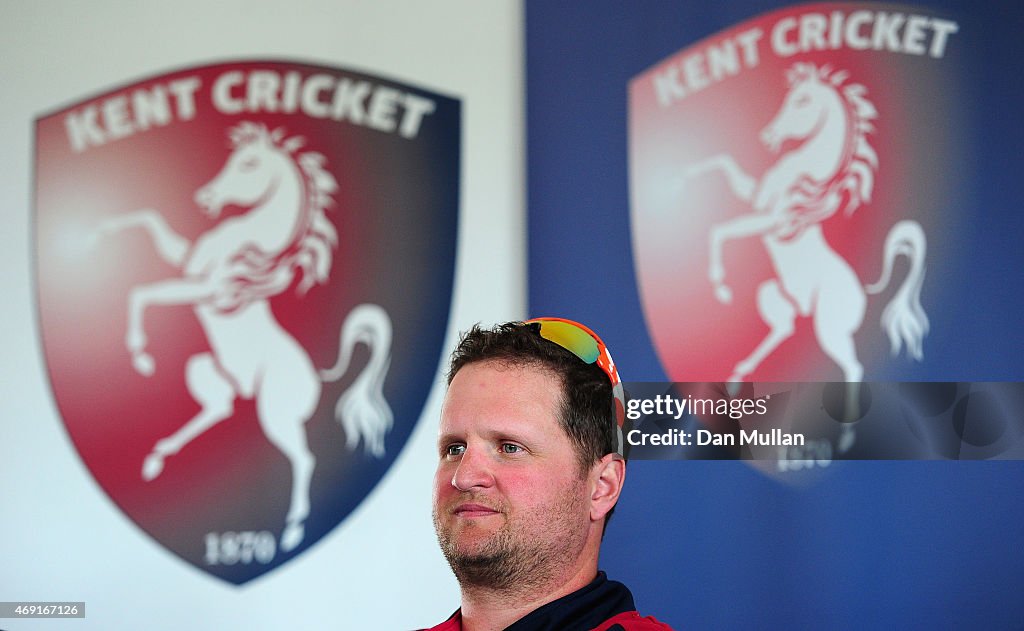
On the subject of bowlers, Shastri is convinced England need to suspend all future planning and bring Jimmy Anderson and Stuart Broad back into the fold. “If their form is good, play them,” he says. “There is no substitute for experience. Test cricket is the purest form of the game and, if the guys are fit, and hungry, you jolly well look in that direction. Every country makes this mistake, looking too far ahead. It’s too easy to look 100ft away and lose the plot by not backing the guys who have been there and done it.”
Stokes is believed to be in agreement here but England’s incoming head coach and selector will have their own say. Shastri will watch it all unfold from Sky’s broadcast studios and, after India’s visit, his oak-paneled voice will be heard during the Hundred.
Does he have one final piece of advice for Key as he heads in the opposite direction? “Tell your players to embrace the culture of a country, mix with its people, understand who they are, then give them everything, so they know a force is coming for them,” he says.
“Give it right back and get some runs. Stand up, have the stomach for a fight, and, when you get the ball, give it right back, no compromise. It’s all about results but the goodwill if you succeed? Well, you don’t get that as a player or a commentator.”
Note: This interview is taken by Ali Martin and has been published in Guardian UK
